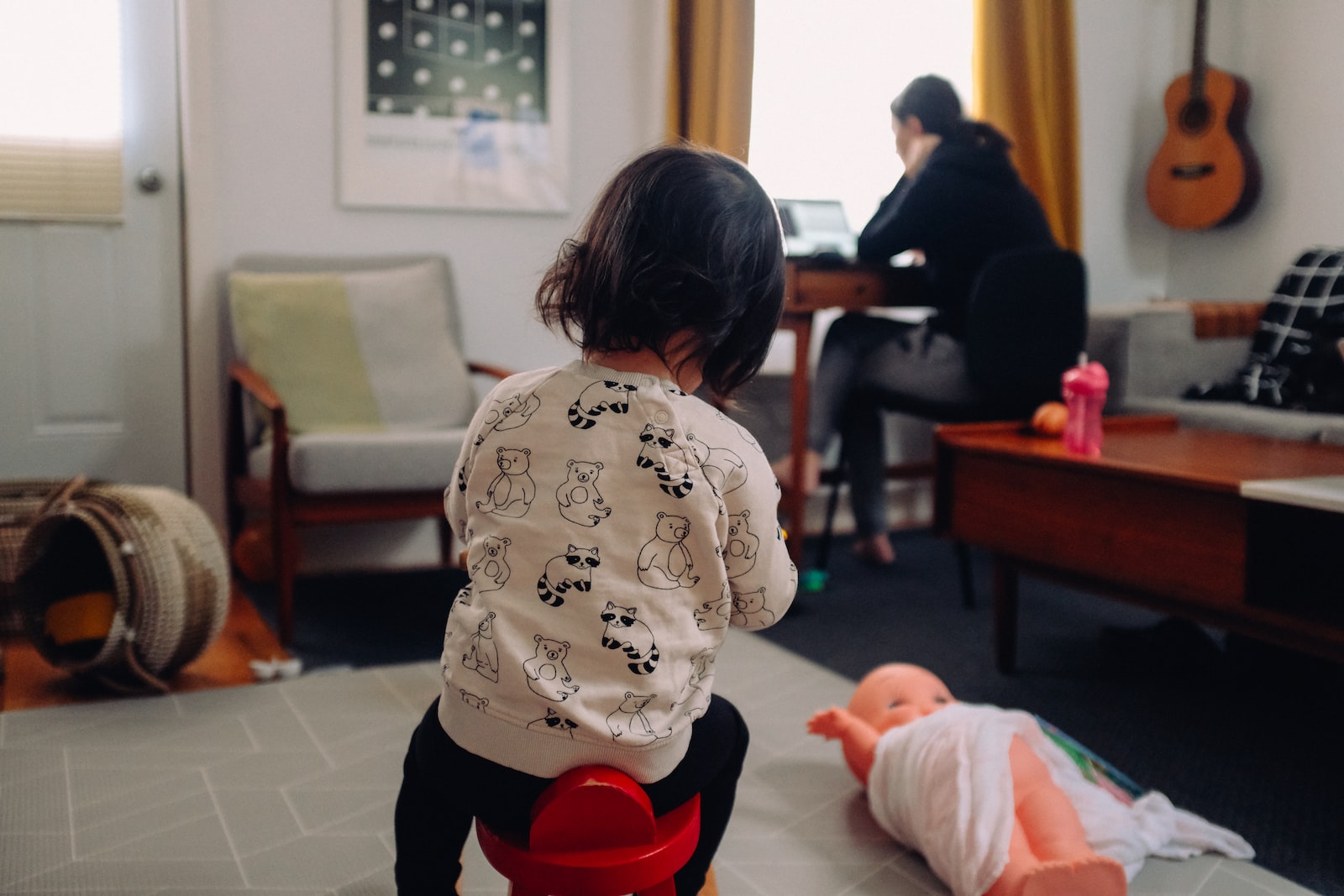While working from home has increased hugely over the past few years, it’s not always the ideal arrangement – for either your wallet or your sanity.
Spiralling costs
There’s no denying that life has been getting more expensive of late, with energy costs rocketing. Ofgem announced a new energy price cap on 26 August – an increase of 54% that will kick in on 1 October 2022. And with price cap reviews now taking place every three months, there could be more pain on the way in January 2023.
For those who work from home, this is bad news, particularly with winter on the not-too-distant horizon.
According to the Office for National Statistics, nearly a quarter of the workforce in the UK works partly from home (as at May 2022), with the pandemic having increased this figure significantly. Those working from home will be facing higher costs for doing so this winter, while those in the office can luxuriate in their company covering the cost of heating, lighting, charging their devices, boiling the kettle…
Wellbeing costs
It’s not just employees’ wallets that working from home can have a negative impact on. For extroverts, the challenges of being isolated, away from the office, can drive down motivation levels, with dips in productivity leading to a notable decline in mental wellbeing – a nasty spiral that can be difficult to break free from.
Extroverts reap multiple benefits from being based in the office, while extroverts and isolation can be a dangerous mix. While the huge change in working patterns since Covid has been almost universally celebrated as positive, it’s not an arrangement that benefits everyone.
Usually, it is the company that decides who will work from home and who will be office-based. And all too often this is based along the lines of team and function, rather than being carefully considered in terms of individual workers’ personality types. That’s a problem – particularly for extroverts.
The negative impact of home-based working on extroverts is barely perceptible in the short-term, but the longer the arrangement continues, the more damaging it can become. To understand why, we must first understand what an extrovert is.
The benefits for company
We tend to think of extroverts as outgoing, sociable people who tell stories and jokes: the life and soul of any party and, often, any company. Certainly, this is often the case, but it misses the main point. Extroverts aren’t just good in company, company is good for them. Extroverts feed on the energy that being around other people provides. It helps them rebalance and refresh – just as alone time does for introverts.
Without other people around to energise them, extroverts can begin to struggle and feel drained – much as introverts can after too long in company. So, while introverts are likely to thrive when working alone (whether at home of in the office), extroverts will in many cases slowly begin to wither. They can lose their drive, energy and motivation little by little, because they’re lacking the energy that they gain from being in the company of other people. Without that energy to nourish them, they are drained of the force they need to stay balanced and focused.
Speaking from experience
I felt this myself when working from home during the Covid lockdowns. I’d not really considered my extrovert nature in too much depth before. I knew that I was good around people and that I liked being around others and I knew that I missed their company when working from home. However, it took weeks, if not months of working solo at home before I realised that my extrovert ‘superpowers’ were being drained away from me – and that working alone at home was the cause.
I say ‘alone’ – my wife and three children were also at home at the same time, but that’s not the working company on which I thrive from 9-5. I can’t imagine how drained and reduced extroverts who were working from home AND living alone during first months of the pandemic became.
And now some of those individuals are faced with long-term working from home requirements. For many companies, cutting down on their office accommodation and developing remote working solutions has made a lot of sense.
It also makes a lot of sense for those employees (those introverts) who thrive on a lack of company. There are certainly plenty of lifestyle benefits to be gained while working from home, from cutting out the daily commute to fitting in time for exercise to eating more healthily. But in mental wellbeing terms, working from home doesn’t equal instant happiness. It can, instead, lead to a significant deterioration of an individual’s mental state over the longer term.
For extroverts, the chance to be part of an office-based team, and to flourish in the company of others, should always be an option.
Paul Owen
Paul founded his firm - Sales Talent - in London back in 2011. In the decade since, he has helped well over 10,000 people improve their sales skills through his consultancy, training services and podcast. He has delivered seminars at 40+ universities and became an Amazon Bestseller and shortlisted for Business Book of the Year 2018 when he published his book, Secret Skill, Hidden Career.



